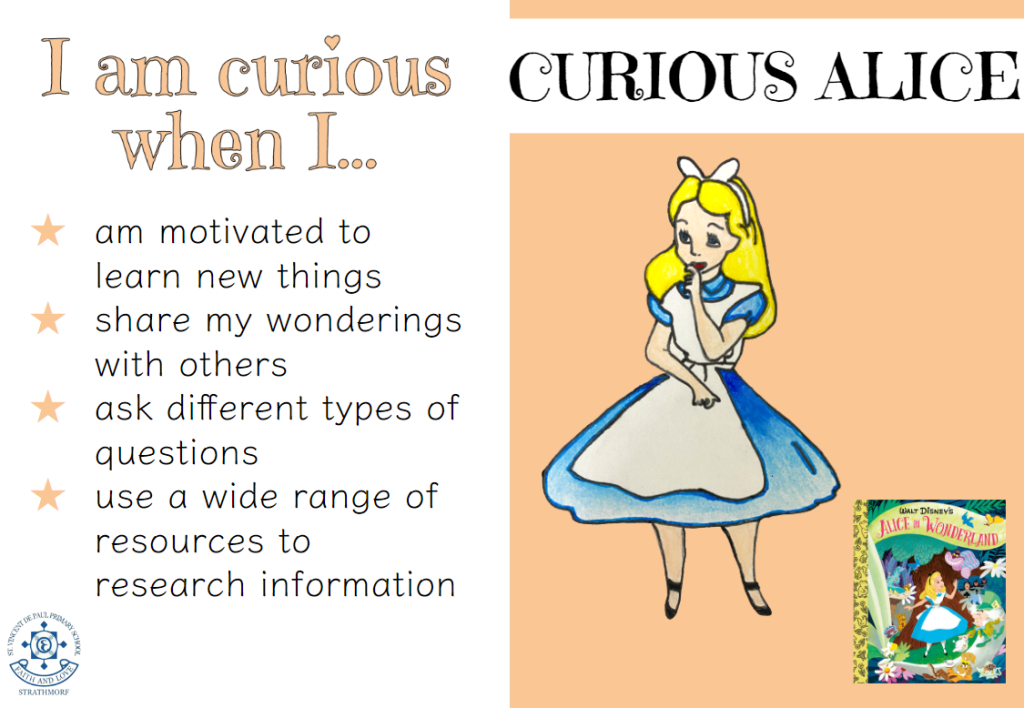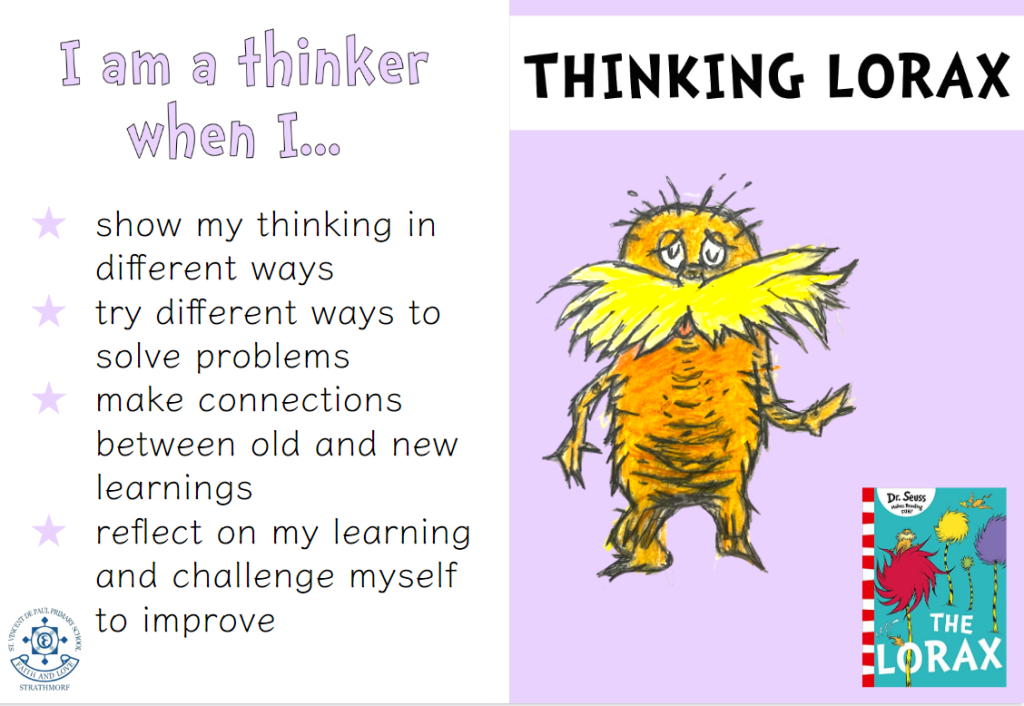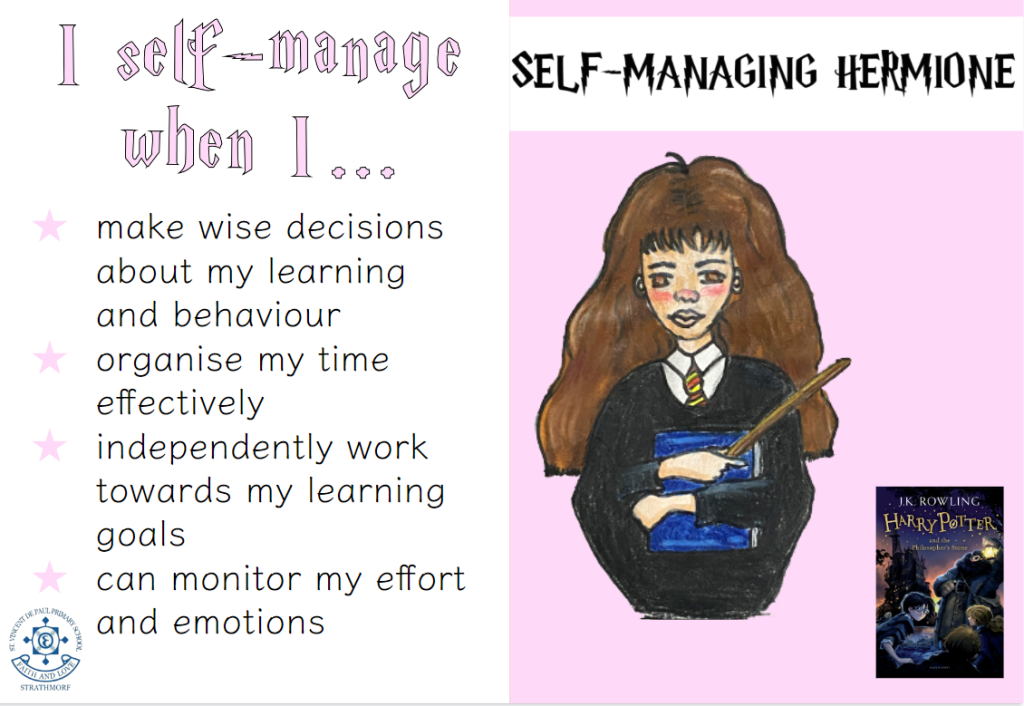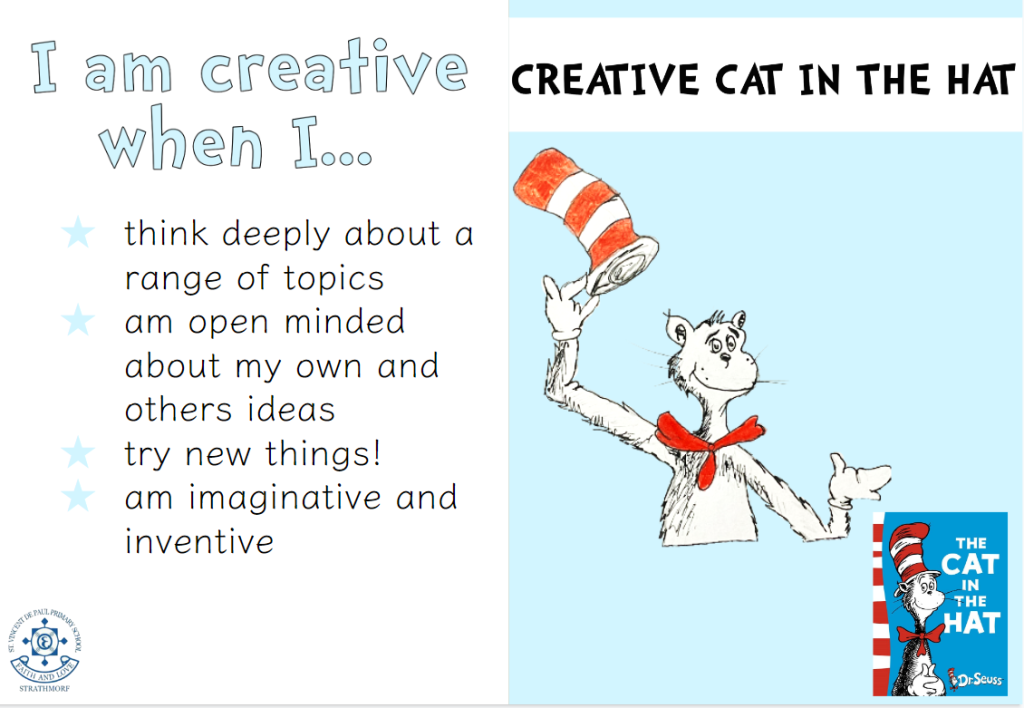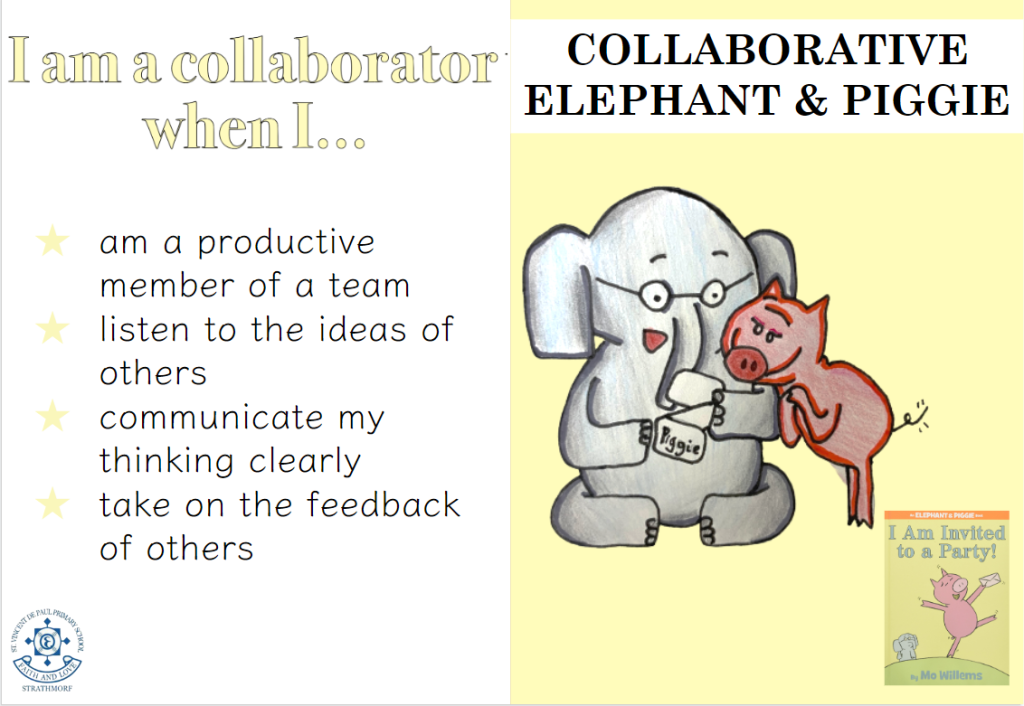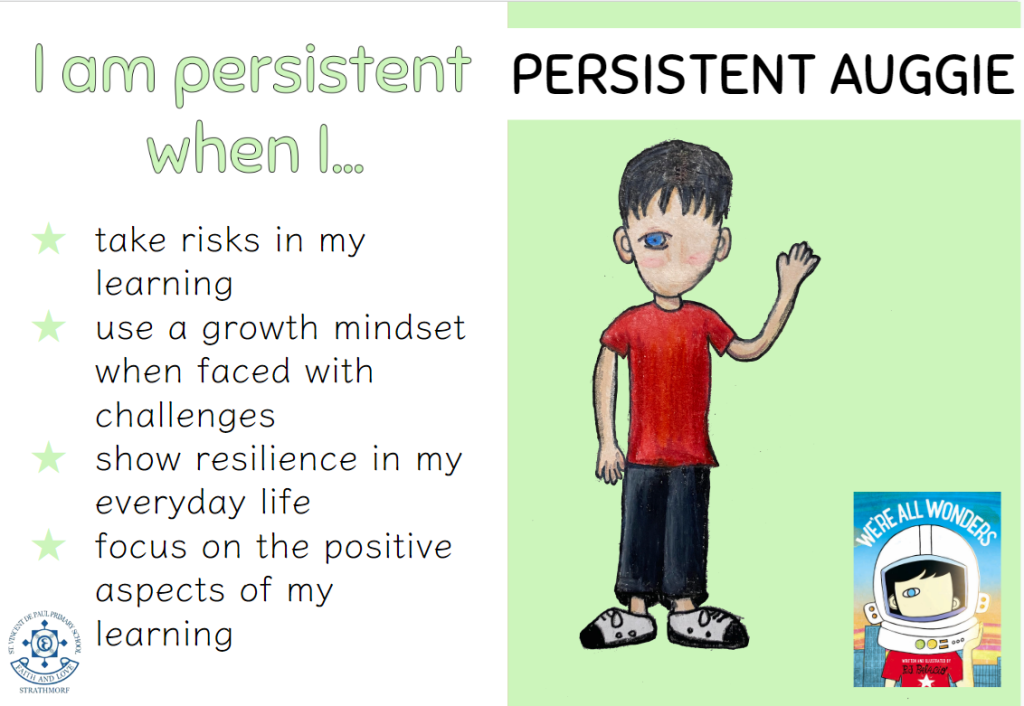Wellbeing refers to students’ cognitive, physical, social, spiritual and emotional development. These elements are integral to learning. A supportive positive learning environment contributes to the development of a students’ sense of self worth, enthusiasm for learning and optimism for the future.
At St. Vincent de Paul, we hold the wellbeing of our students at the centre of all we do. Our staff endeavour to foster and support the development of the whole child, spiritually, socially, emotionally, academically and physically. We value the importance of a safe and nurturing school culture and provide an environment where children feel supported and connected to their community. Staff understand the importance of strong partnerships between students, their families and our school community and provide regular opportunities for all stakeholders to be a part of student learning.
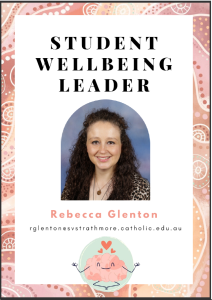
Student Wellbeing Leader – Rebecca Glenton rglenton@svstrathmore.catholic.edu.au
We believe that respect is the foundation of a safe, caring, and positive learning environment. To help students understand what respect looks like in everyday school life, we use the word RESPECT as a guide:
- R – Respect our fellow students and teachers
We treat everyone kindly and fairly, valuing the contributions of others.
- E – Empathise with others
We listen, understand different perspectives, and show kindness to those around us.
- S – Speak politely
We use friendly and positive language when talking to others.
- P – Practise the school dispositions
We demonstrate persistence, resilience, curiosity, and responsibility in our learning and behaviour.
- E – Ensure the safety of yourself and others
We make safe choices in the classroom, playground, and online.
- C – Care for school property and belongings
We look after our classrooms, shared spaces, and our own belongings. - T – Take responsibility for your actions
We own our choices, learn from mistakes, and strive to do better.
By living these values, our students learn not only how to respect others, but also how to respect themselves and their learning journey.
Wellbeing Program
At our school, student wellbeing is a priority. We support children to develop strong social, emotional, and relationship skills through a range of evidence-based programs:
- Zones of Regulation – Helps students recognise and understand their feelings and emotions, and teaches strategies for managing them in positive ways.
- Friendly Schools – Focuses on building healthy friendships, positive relationships, and creating a safe, inclusive school environment.
- Resilience, Rights and Respectful Relationships (RRRR) – Taught across the whole school, this program develops skills in respect, resilience, problem solving, and respectful interactions.
Together, these programs create a consistent approach to wellbeing, helping our students to thrive academically, socially, and emotionally.
Learning Dispositions
Our school learning dispositions encourage the students to develop a deeper awareness and understanding of a range of dispositions that they can incorporate into their daily learning and lives. These focus on resilience, communication, risk-taking, self-discipline, problem-solving and respect.
Buddy Program
St. Vincent’s students are involved in the Buddy Program which strengthens positive relationships between junior and senior students. It provides learning opportunities for senior students to develop their leadership skills through shared learning experiences with their buddies. It also provides our junior students with the support and guidance of a role model in their senior buddy. Our year sixes pride themselves on the role in which they play in guiding and supporting their prep buddy through their first year of primary school, modelling the leadership and behaviours expected of our students at St Vincent’s.
Passive Play
Our Passive Play areas in both the senior and junior yards were implemented to support students outside during recess and lunch. These spaces aim to provide students with an area they feel is a safe and quiet place to play in during breaks. Resources such as board games, cards, bean bags and picture story books are provided in these areas for students to access as a means of playing in a calm way.

